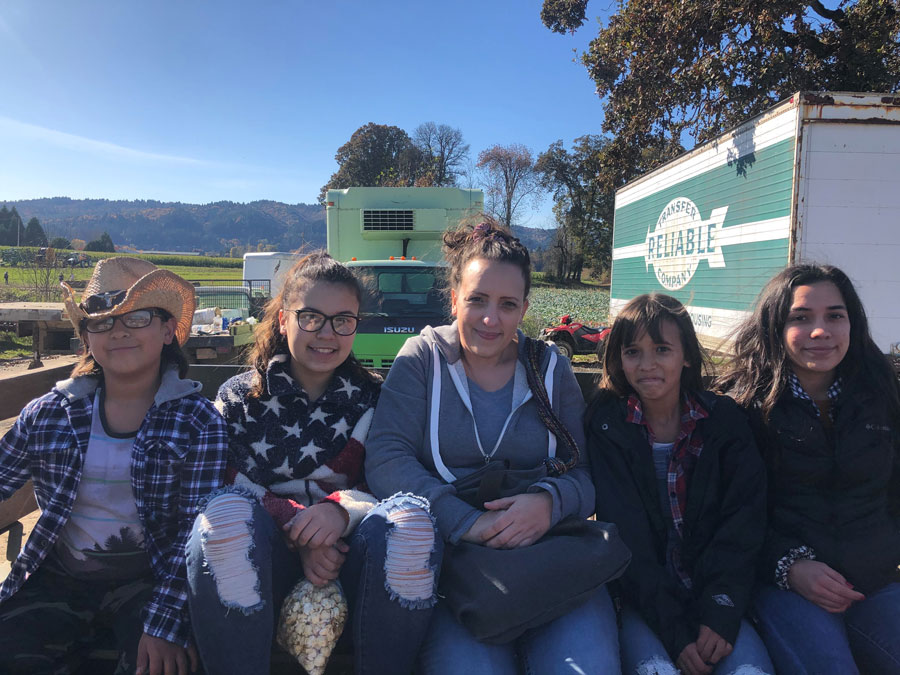The COVID-19 pandemic is affecting every corner of the globe and all areas of our lives. It has changed the way we do things in ways most of us never would have imagined. Schools, businesses, sports events, concerts, and movie theaters are closed or operating remotely. It’s not surprising that most of us are feeling stressed and anxious, and our kids, too, are feeling the effects–especially children with an existing anxiety disorder.
Fortunately, there are things we can do to help kids cope during this stressful time. Children take their cues from the adults who care for them. If you are displaying outward signs of stress and anxiety, it will be hard to calm your kids and soothe their fears. Experts say that dealing with your own anxiety can be the most powerful way to make sure your kids feel secure.
Here are a few steps you can take to ease the anxiety of COVID-19 for you and your family.
Establish a routine.
Kids need routine. As much as they like to push against it, they actually thrive when a regular schedule is in place. Whatever your new “normal” looks like, structure their day so it involves exercise, regular meals, and a healthy amount of sleep–especially for the teens in your household. It will help regulate your family’s moods and worries.
Stay connected.
To keep kids from feeling alone, use technology to help them stay connected with friends and family. Let them talk with their friends on the phone. Schedule virtual playdates with their school mates and friends. Let them play a game or eat together.
This holds true for the adults in the home as well. Coordinate virtual meetups and dinner parties with business groups, friends, or family regularly. Social distancing is meant to keep us healthy. Don’t let it keep you away from your social support networks.
Get the facts.
Be smart about what you are reading. It’s easy to get pulled into looking at or clicking on every update as it is reported, so consider limiting the number of articles you read or for how long you read about the coronavirus each day. If consuming content about the pandemic causes you to become anxious, take a break. Staying informed is one thing but being overexposed is another.
Stay calm by focusing on mindfulness.
Remind yourself that your family is doing its part to minimize the spread of the virus by practicing social distancing and keeping your hands and your home clean. While it’s sensible to prepare for the future, it’s even more important to make sure you’re dealing with things in the present moment.
If you find yourself getting carried away with the “what ifs,” try practicing mindfulness, which is a tool that will help your family stay grounded and calm in the present moment. Take time to focus on the present. Be intentional and thoughtful about where you are and how you are feeling. Sounds simple, but it takes work, especially now when concerns about what the future holds feel so heavy.
Some mindfulness activities you can do with your kids include:
| ● | Belly Breathing: Put one hand on your stomach and one hand on
your chest. Slowly breathe in from your stomach (expand like a balloon) and slowly breathe out, letting your belly deflate. |
| ● | Mindful Meal: Pay attention to the smell, taste, and look of your food. Don’t work or watch television while you eat. Focus on chewing your food and think about all of the effort it took to get that meal on your plate. Consider where food comes from vs. thinking food is an end product. |
| ● | Squeeze Muscles: Start with your toes and pick one muscle group to squeeze. Count to five and release. Notice how your body changes. Repeat this exercise moving up your body. |
| ● | Meditation: Sit in a relaxed, comfortable position and focus on your breath. When your mind wanders (and it will wander!), bring your attention back to your breath. |
| ● | Blowing Bubbles: Notice their shapes, textures and colors. |
| ● | Coloring: Find something to color and focus on the colors & designs. |
| ● | Listening to Music: Focus on the lyrics of a song or listen specifically to the voice or an instrument. |

